Shwetha Sundarrajan is a junior journalism major and writes “This is the Shwe” for The Daily News. Her views do not necessarily reflect those of the newspaper.
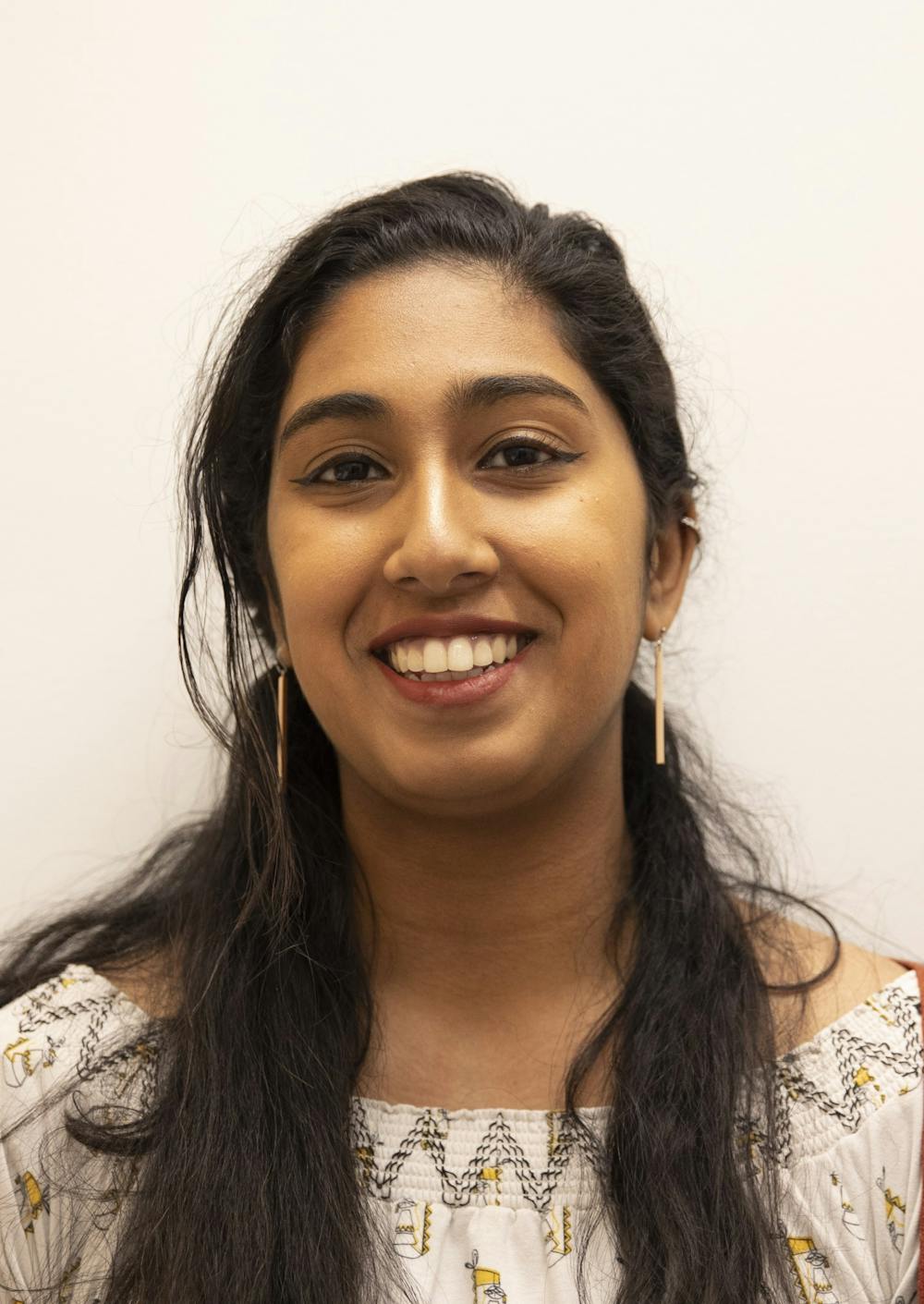
If you’re someone who has a “unique” name, you probably know the mortal embarrassment of roll call on the first day of school. I grew up memorizing my place in the roll call list, and the moment the teacher would falter, I knew my time had come.
The next 15 minutes were spent giving the teacher a personalized name pronunciation lecture, which then turned into a history lesson about the origins of my name, followed by a lecture about Indian culture.
After all of that, teachers would have the audacity to ask how to pronounce my last name— as if my first name isn’t hard enough to pronounce.
My name is Shwetha Sundarrajan. Yes, you heard that right. My name is Shwetha — not SHWE-ta, not SWE-tha and most definitely not SWEAT-ah. My name has two Hs in it. Why my parents decided to put two Hs in my name, contrary to the popular spellings of my name, I will never know.
That’s my name, and I will forever have to live with people misspelling and mispronouncing it. Sweater, sweaty and sweet are some of the more unfortunate mispronunciations of my name. Ms. Schnielbacker, I will never forget the atrocity of you calling me Sweater.
Never.
Names are closely tied to identity. Who are you without a name? One of the first things we learn is how to spell and write our names. What is one of the first things doctors ask when you wake up after surgery? Your name.
Names are so intrinsically important to a person because you’re putting a label on yourself. Sure, it’s not a big deal when it happens once in a while, but when it’s every single day, it wears you down. It’s worse when people ask me if they can call me a shortened version of my name. It’s insulting.
My name is not that difficult to pronounce. And is it not basic decency to properly learn someone’s name? For years, I adamantly rebuffed any nickname. I tried to be proud of my name and force people to learn the pronunciation no matter how long it took.
When I was 7, my mother enrolled me in swimming lessons. On the first day, when the instructor asked everyone for their names, I gave them a fake name. I was so tired of people mispronouncing my name that I went by Sam for the entire season. It was great except for the times I forgot that I was Sam, not Shwetha.
I finally fit in but it didn’t feel right. The instructor would constantly yell, “Sam, it’s your turn” several times before I responded. When the season ended, we were presented certificates of completion. I felt like an imposter when she handed me mine with “Sam Sundarrajan” printed in bold black letters. From then on, I swore to myself that I wouldn’t change my name.
It didn’t last long.
Once I got to college, I officially gave up. Too many people struggled with my name, so I finally took on a nickname: Shwe. I figured it would be easier than Shwetha, and it was.
I had satisfied the white people, but did I satisfy myself? Did I satisfy my culture, my heritage and my family, who had carefully chosen my name?
Shwetha means "fair," "fair one," "lovely," "pure" and "white" in Sanskrit. It can be spelled in a variety of ways, but my late grandfather specifically wanted my name to be seven letters due to numerology. Numerology is the belief of numerological value of the letters in words, names and ideas. My grandfather was interested in Hindu astrology, so he combined numerology with my star alignment and my birth horoscope chart, hence adding the extra “H.”
I guess that didn’t work out after all.
My name is not an inconvenience. Shortening names isn't convenient — it’s ignorant. As Nigerian-American actress Uzoamaka Nwanneka’s mother said, “If they can learn to say Tchaikovsky, Michelangelo and Dostoevsky, then they can learn to say Uzomaka.”
Contact Shwetha Sundarrajan with comments at ssundarrajan@bsu.edu or on Twitter @fengshwe.

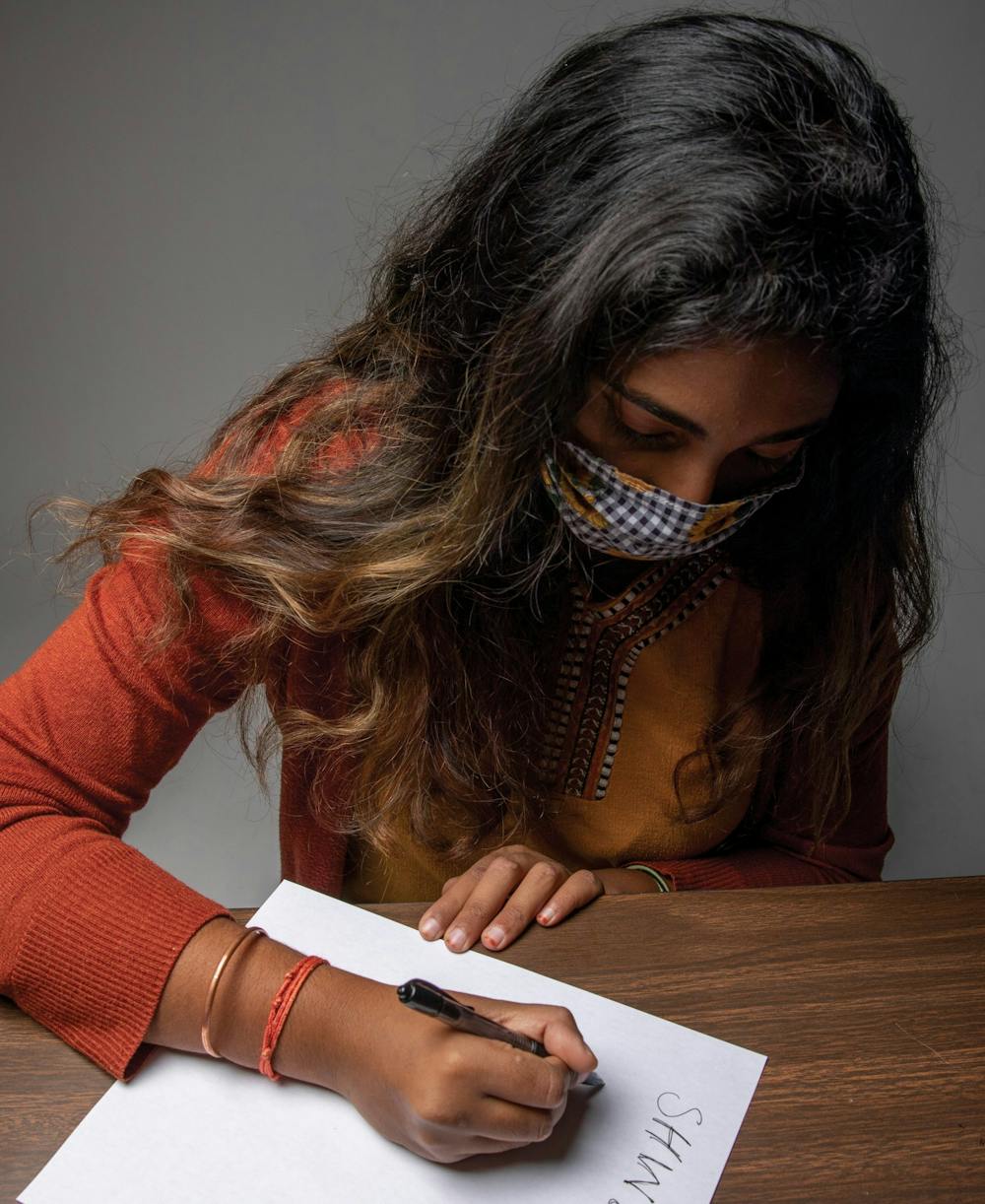
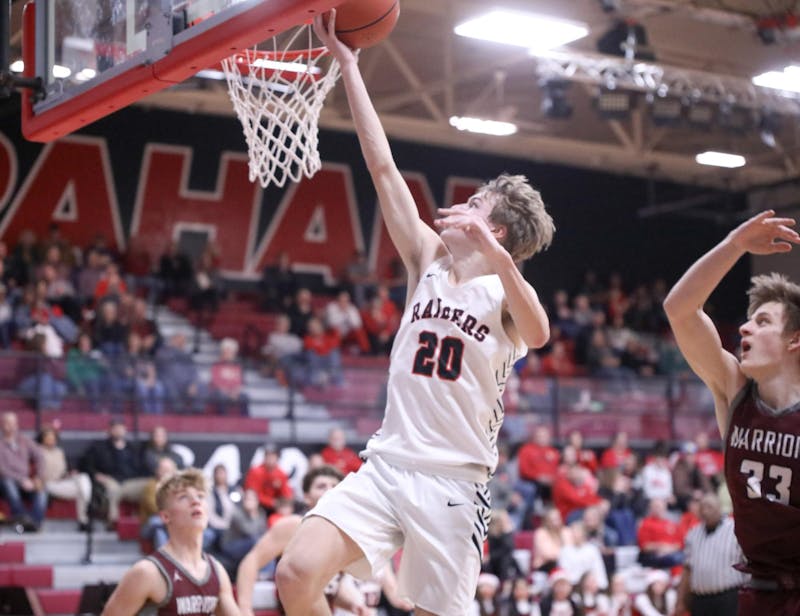
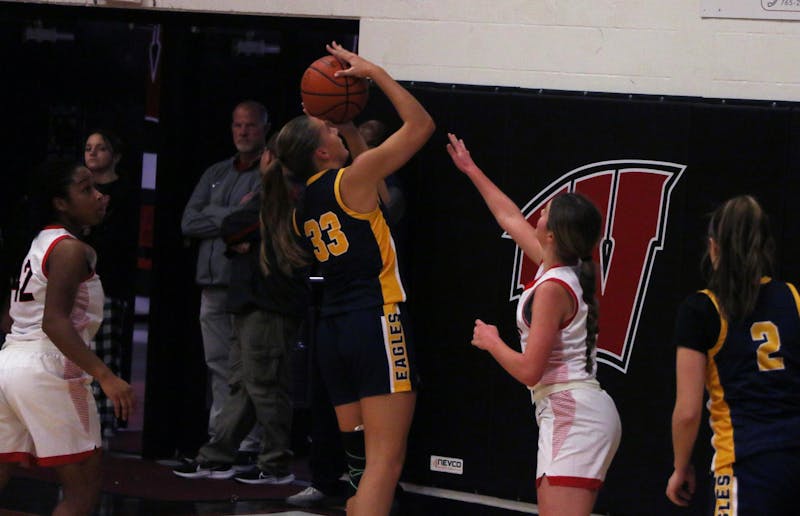
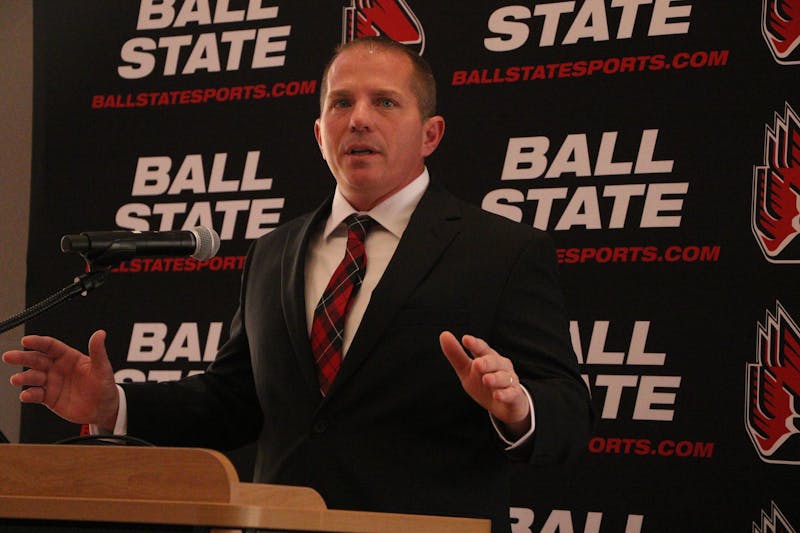
The Daily News welcomes thoughtful discussion on all of our stories, but please keep comments civil and on-topic. Read our full guidelines here.